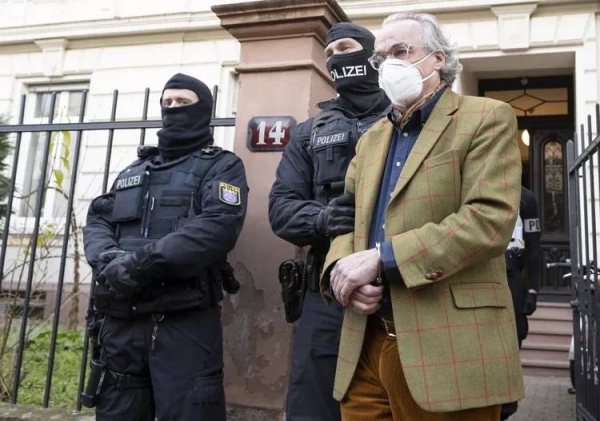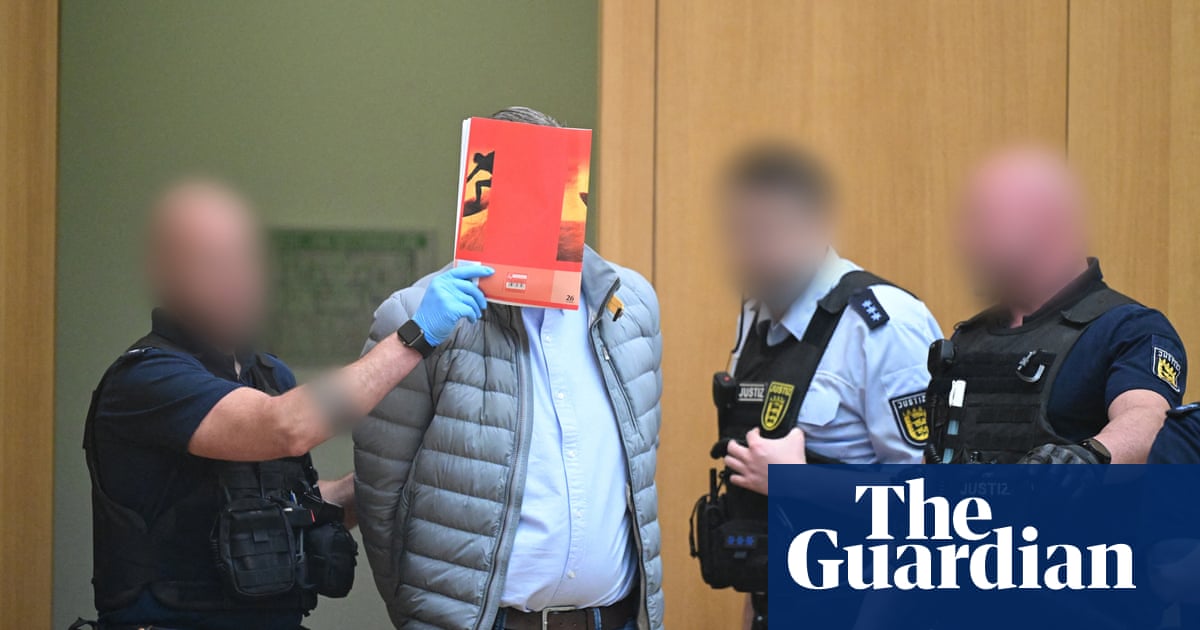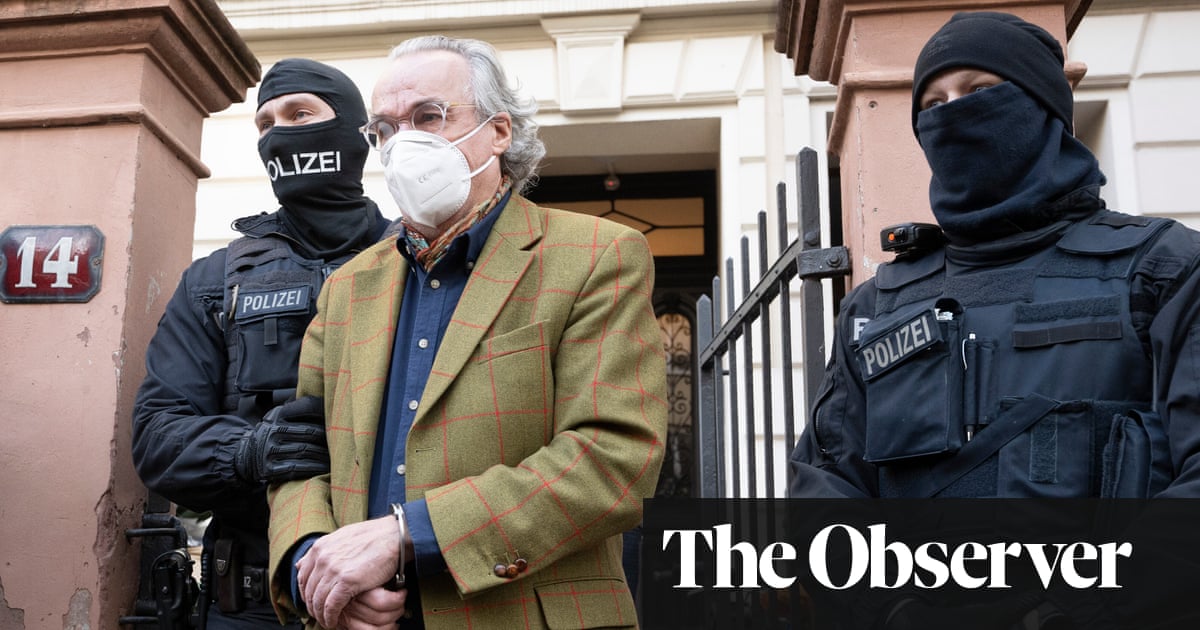
Alleged leaders of an extremist plot to overthrow Germany"s government went on trial on Tuesday amid massive media and political interest.
The case — which shocked the country in late 2022 — involves more than two dozen suspects and 260 witnesses and is expected to continue well into 2025.
Facing judges at the Frankfurt court are the self-styled Prince Heinrich XIII, an aristocratic estate agent whom the group allegedly planned to install as Germany"s new leader, and his Russian girlfriend.
The rest of the suspects are part of the Reichsbürger, or "Reich Citizens", movement.
The group plotted to restore the German Empire prior to World War I and “forcibly eliminate the existing state order” with Heinrich XIII as the new emperor.
Birgit Malsack-Winkemann, a judge and former lawmaker with the far-right Alternative for Germany party, and former German military officers are other high-profile suspects in the alleged plot.
Prosecutors claim the group planned to storm the Reichstag in Berlin with armed support, arrest lawmakers and show a chained-up Chancellor Olaf Scholz on German television. They hoped to win over support from the public for their coup.
Plotters allegedly intended to negotiate a post-coup order with Russia, according to prosecutors. They say the 72-year-old Prince Heinrich XIII attempted to contact Russian officials in 2022 to win Moscow"s support. It is unclear if Russia responded.
Most defendants are charged with belonging to a terrorist organization with Prince Heinrich and another suspect, a former paratrooper, are alleged to have been the group"s ringleaders, prosecutors said.
A special temporary courthouse has been built to accommodate the large number of defendants, lawyers, and media involved in the case.
Twenty-six suspects will stand trial. There were 27 originally, but one man died before the trial.
Plotters allegedly had around €500,000 and an arsenal of 380 firearms and nearly 350 stabbing weapons, as well as bulletproof vests and handcuffs.
Prosecutors say they had drawn up “lists of enemies” to be used when regional and local authorities were taken over.
Group members were “aware the planned takeover of power would be linked with the killing of people,” they added.
Heavily armed police forces arrested the group in December 2022, storming houses, officers and a remote hunting lodge. Investigators had monitored them for months.
German officials have warned that far-right extremists pose the biggest threat to the country"s security.
That threat was highlighted by the killing of a regional politician and an attempted attack on a synagogue in 2019.
One year later, far-right extremists took part in a protest against COVID-19 restrictions and tried — and failed — to enter Berlin"s parliament.
In January, a report that extremists met to discuss the deportation of millions of immigrants, including some with German citizenship, triggered mass protests against the rise of the far-right. — Euronews












